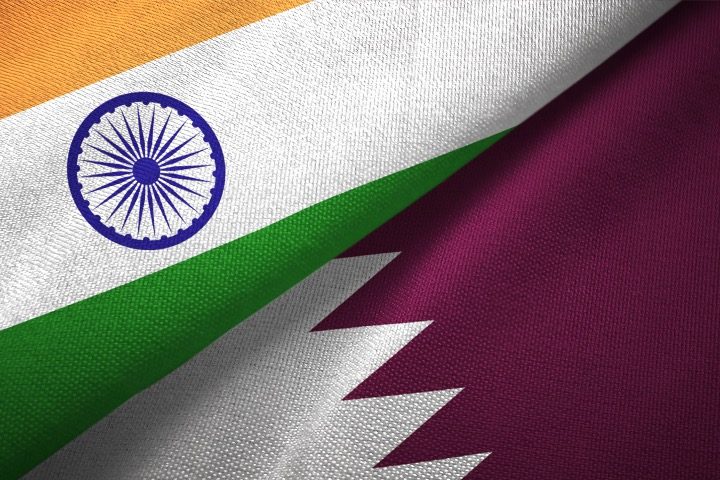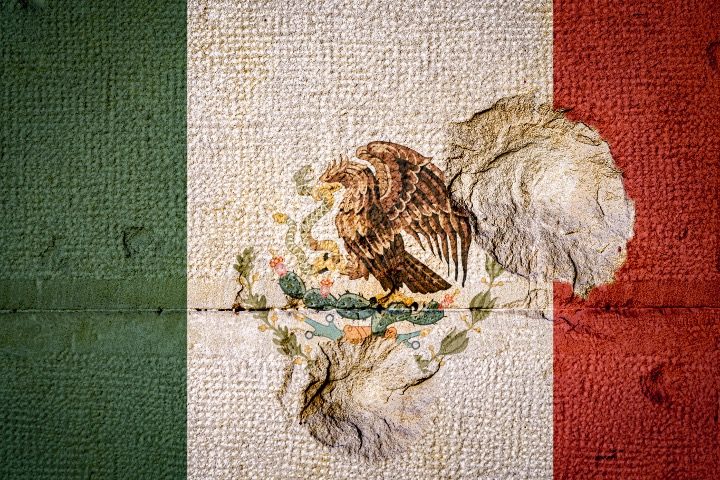
Where China was once considered a “sleeping giant” but has long since awakened, India may well be said to be the new sleeping giant that could take the world by storm in coming decades if it makes significant advances — and it appears the country’s leaders hope to move steadily in that direction.
As covered by Russian media, India recently made moves to patch up and strengthen its relations with oil-rich, Muslim Qatar.
Upon visiting Qatar on Thursday, Indian Prime Minister Narendra Modi said his nation seeks to collaborate closely with Qatar in the spheres of trade, finance, and technology. Modi’s visit came mere days after Qatar released eight Indian navy veterans who had been accused of espionage and sentenced to death.
And days prior to that, India inked a $78 billion deal with Qatar to extend imports from QatarEnergy LNG, the world’s largest exporter of liquefied natural gas, by 20 years (until 2048) at lower rates than current prices.
While in the Qatar capital of Doha, Modi gave his thanks to the country’s emir, Sheikh Tamim bin Hamad Al Thani, for looking after the roughly 800,000 Indians in Qatar. For his part, Tamim bin Hamad touted the “vibrant Indian community” within his nation’s borders.
According to the outlet Russia Today:
The move to deepen economic cooperation and diplomacy between the two nations comes against a backdrop of growing bilateral trade, which stands at around $20 billion, according to Indian Foreign Secretary Vinay Kwatram. “The long-term LNG partnership goes way back to 1999 and remains robust, strong, and future-oriented,“ he noted during a media briefing on Thursday.
Qatar was the second stop on Modi’s three-day tour of the Middle East. He had previously visited the UAE [United Arab Emirates], where he signed several key deals with the country’s leadership and addressed the World Governments Summit in Dubai. Reaching out to the diaspora in the Gulf countries has been a cornerstone of Modi’s latest tour. In Abu Dhabi, he inaugurated a $84 million Hindu temple — the first in the UAE capital and the fourth in the country — on land donated by the Crown Prince.
Modi has also added his voice to the chorus of international leaders advocating one way or the other regarding the war in Gaza. The Indian prime minister has advocated a “two-state solution” to bring peace between Israel and Palestine.
What’s interesting to note is that India, which has long had a tense relationship with the Muslim breakaway state of Pakistan, has no qualms about building bridges with the Muslim world via the slate of recent deals with the likes of Qatar and the UAE.
The same can be said of the Islamic countries: Though they have a reputation for religious intolerance, they are getting along quite well with non-Muslim nations such as India, China, and Russia for the sake of cementing lucrative economic arrangements.
One example is Iran. While it may be ruled by a theocratic, fundamentalist Islamic regime, it is a close political ally of Christian Russia and now boasts China as its largest foreign investor.
As a result of this business savviness, certain Muslim nations, such as UAE and Qatar, are breaking the stereotypical mold of impoverishment and backwardness, developing into regional powers and forces to be reckoned with on the global stage. It’s not without reason that much has been written by political observers of the rise of the East and the decline of the West.
In the same vein, India’s leadership is clearly laying the groundwork for its own boom. As the nation with the second-largest population in the world after China, India, by simple nature of its vast human capital, has the potential to be a superpower if it can get its act together. And that scenario is not entirely unlikely; after all, China was once in a similar situation, a sleeping giant with a large population handicapped by underdeveloped industry.
In addition to its large youthful population, what India has going for it is its strides in technology and innovation, with a thriving IT industry and advancements in various sectors. Moreover, India’s strategic geopolitical location provides it with opportunities for regional influence, and its diplomatic engagements and partnerships with various countries enhance its global standing.
Nevertheless, India’s infrastructure, including transportation, energy, and urban planning, needs substantial improvement. Cumbersome red tape still impedes economic growth and low-quality education in much of the country interferes with the development of a 21st-century labor force.
In addition, corruption remains a challenge in various sectors, impacting governance, public services, and overall trust in institutions. Effective anti-corruption measures are essential for good governance lest the country continue to suffer in the same way as Latin American countries such as Mexico — where a large population and abundance of resources are sabotaged by rampant corruption and violent crime.
In short, India appears to be on the slow-but-steady path of ascendance. As it gains its stride, will it continue to maintain close ties to the United States, or gravitate toward the Russia-China axis?

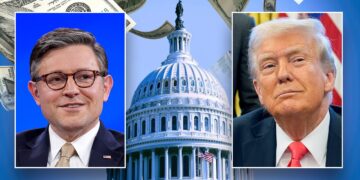
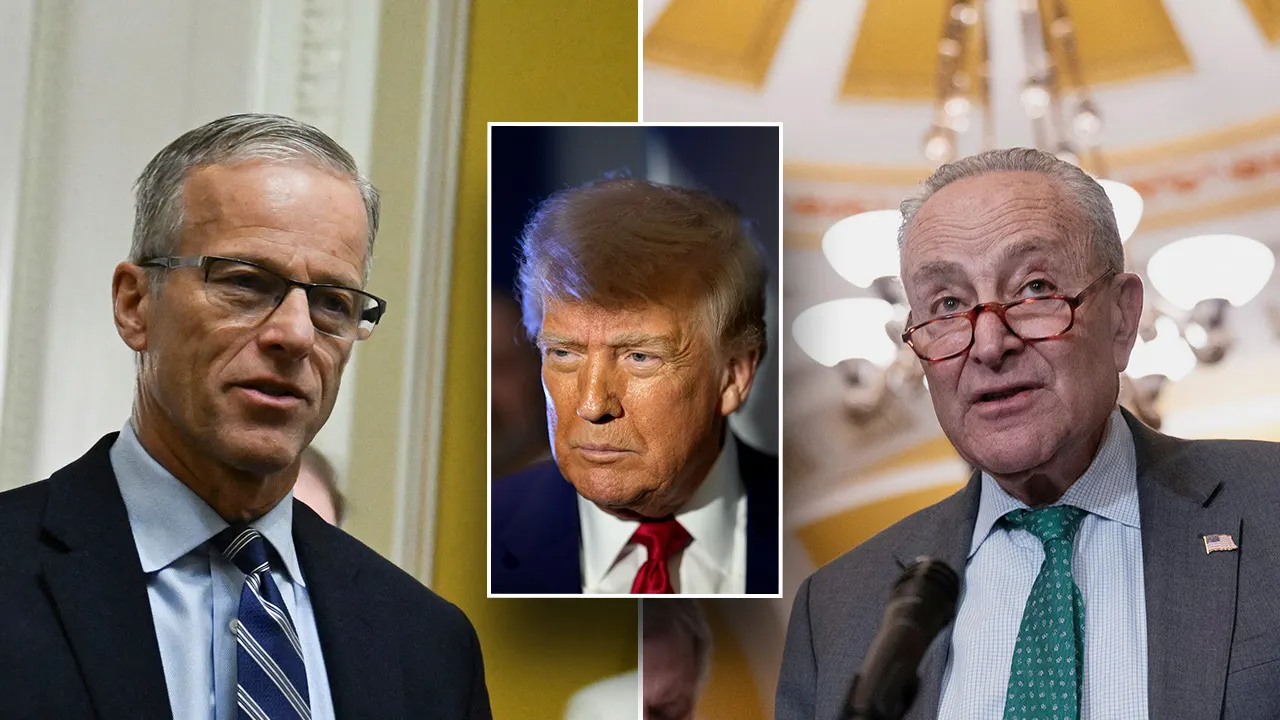
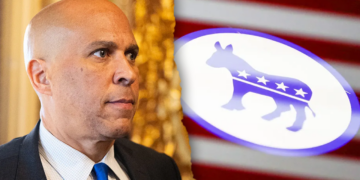
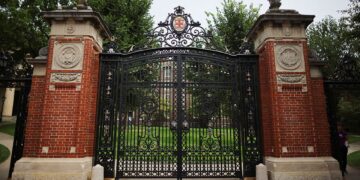
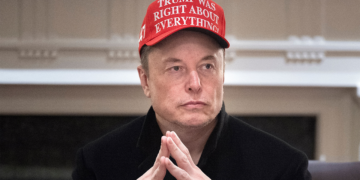

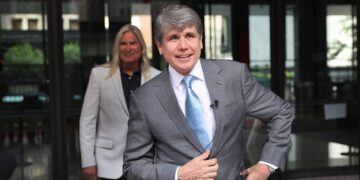

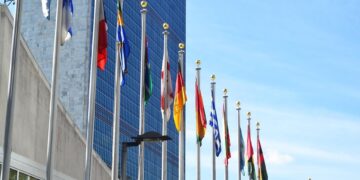
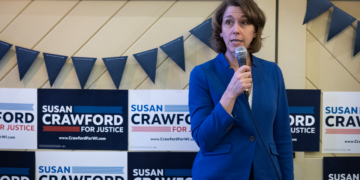






















 Reaction & Commentary
Reaction & Commentary









